This is especially true when a player has an animal companion they bring to theDungeons & Dragonstable.
Because you spend enough time on the campaign as it is.
How do you convey deep emotions and thoughts without them being able to speak?
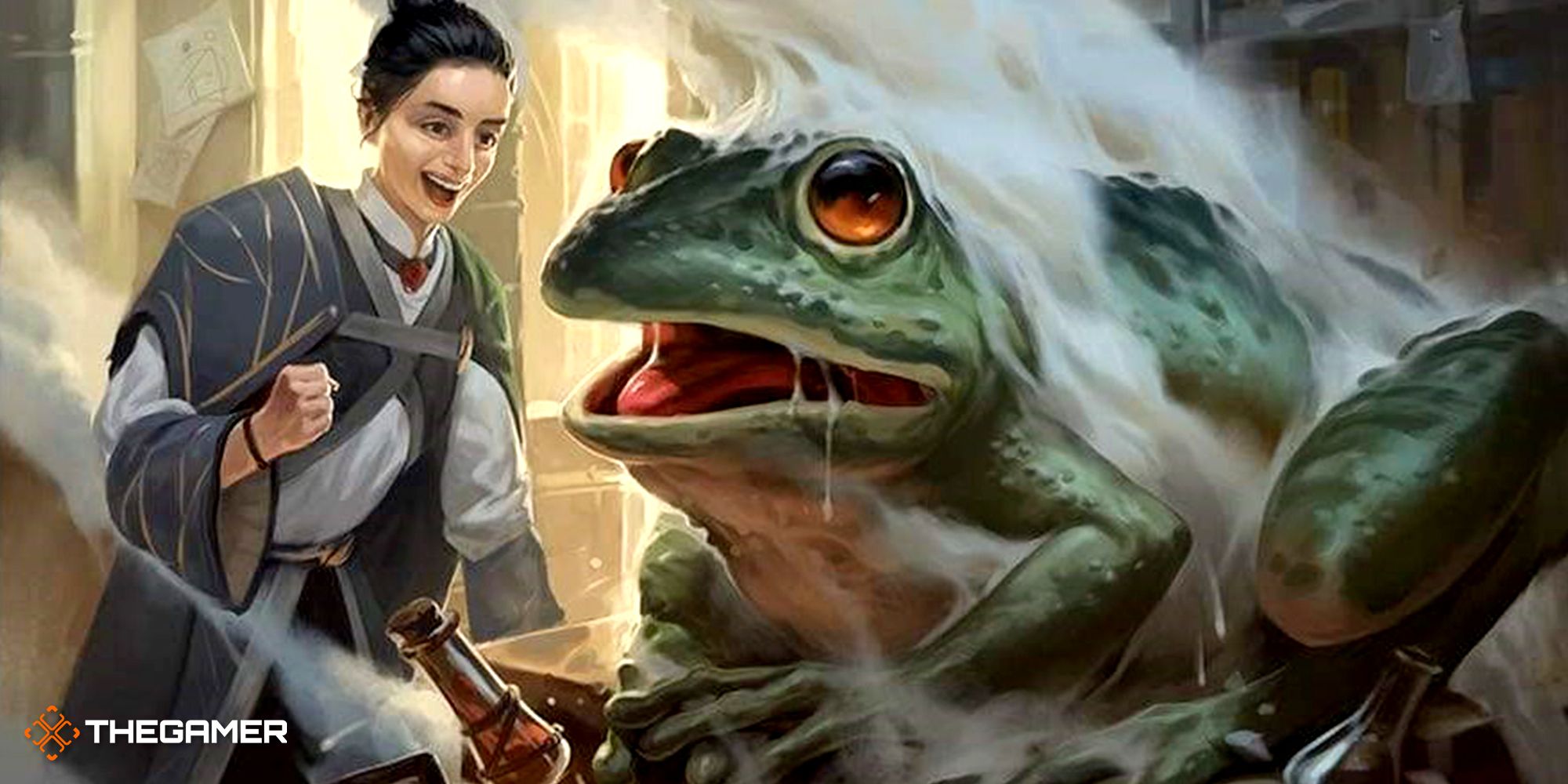
Expanded Anatomy by Slawomir Maniak
How does their personality differ from other beasts?
What Is An Animal Companion?
Can Other Classes Use An Animal Companion?
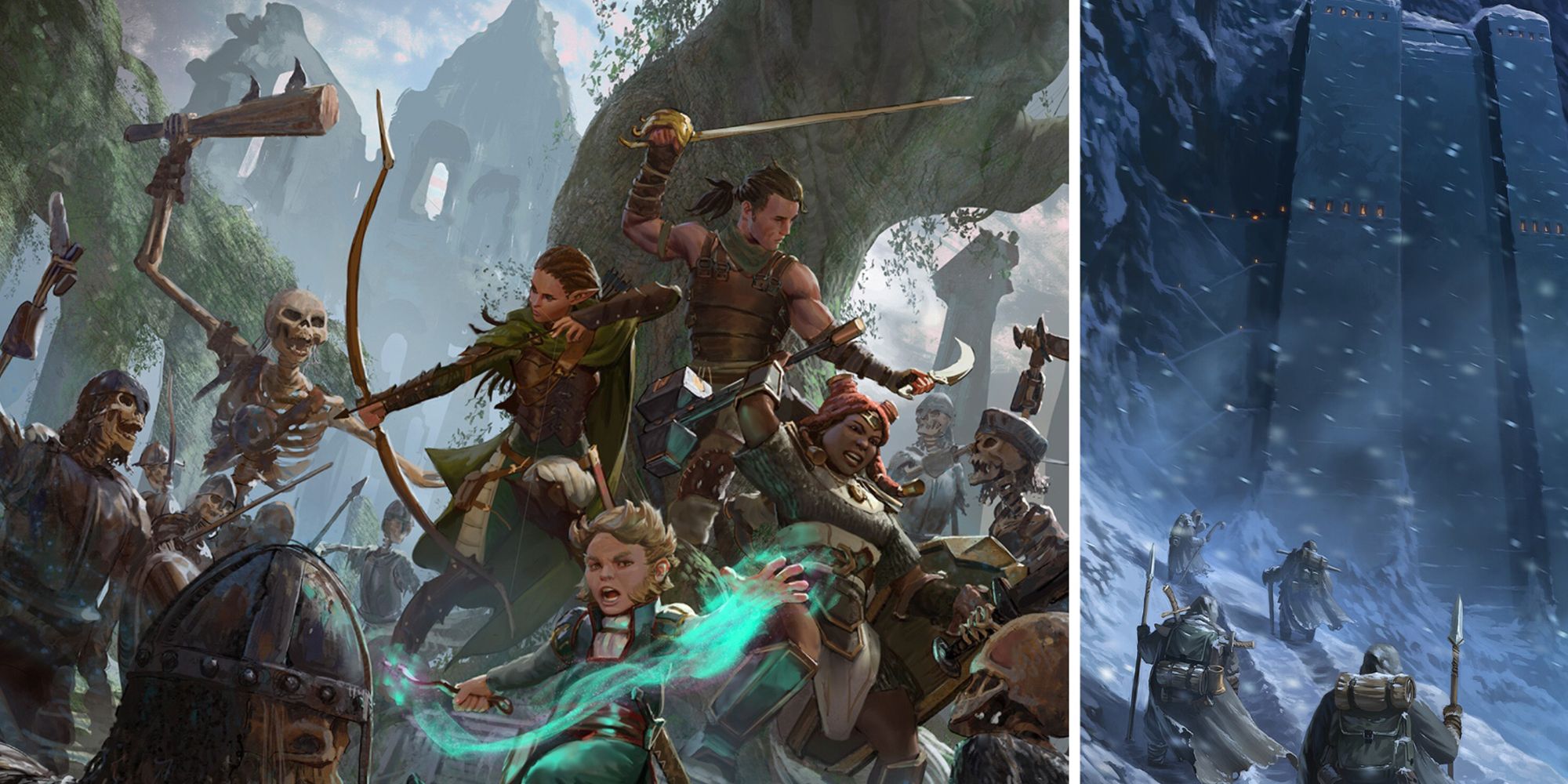
Circle of the Shepherd Druid And Bear via Xanathar’s Guide to Everything
The short answer isabsolutely.
This is if the player has the companionbefore the campaign startsorafter the campaign has already started.
Before Campaign Start
After Campaign Start
The player includes an animal companion
in their backstory.
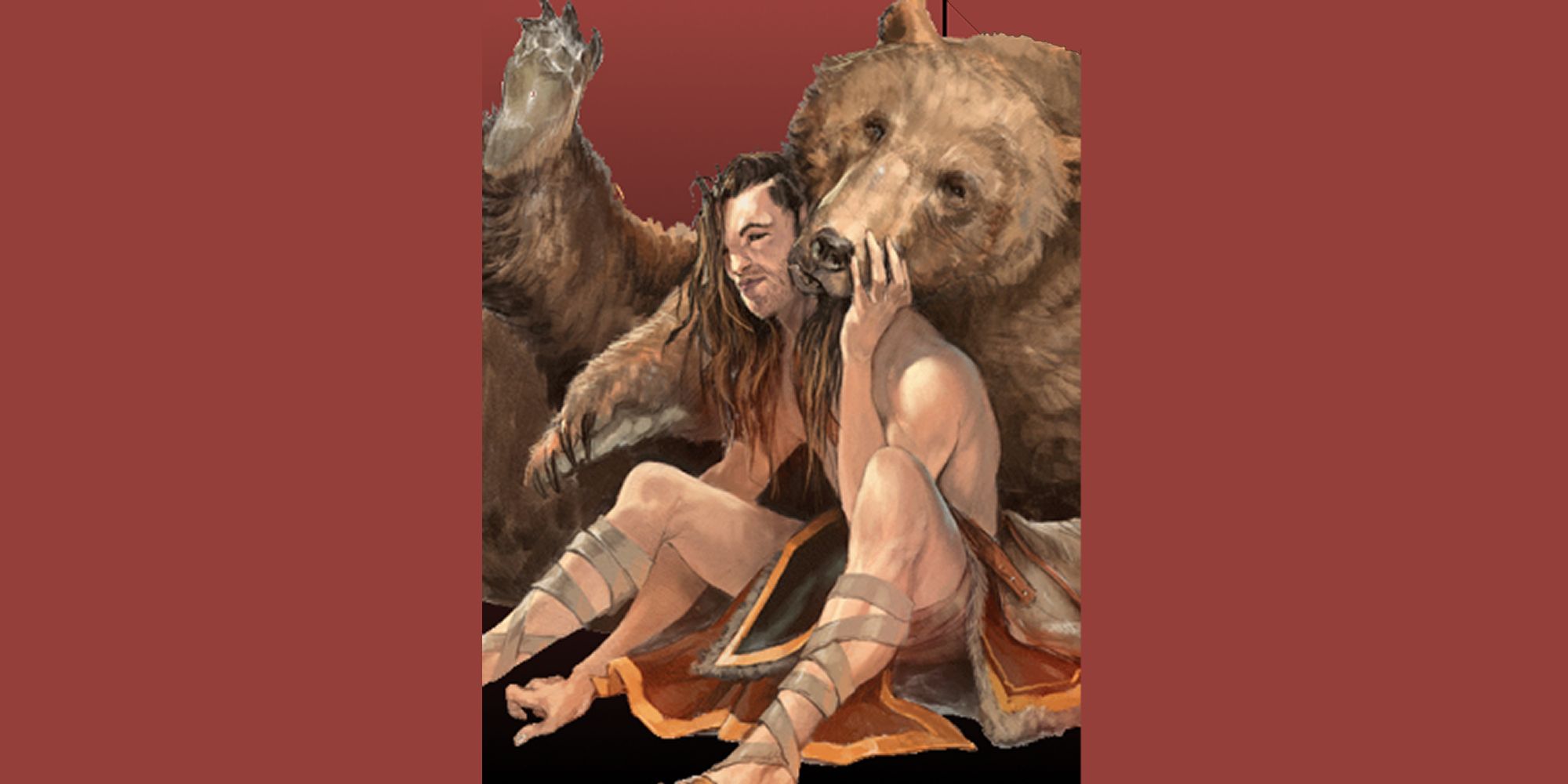
Circle of the Shepherd Druid And Bear via Xanathar’s Guide to Everything
If this happens, you could hash out all of the details before.
A player or the party comes across an
animal they want to turn into a companion.
If this happens, you might set the rules before or as you go.
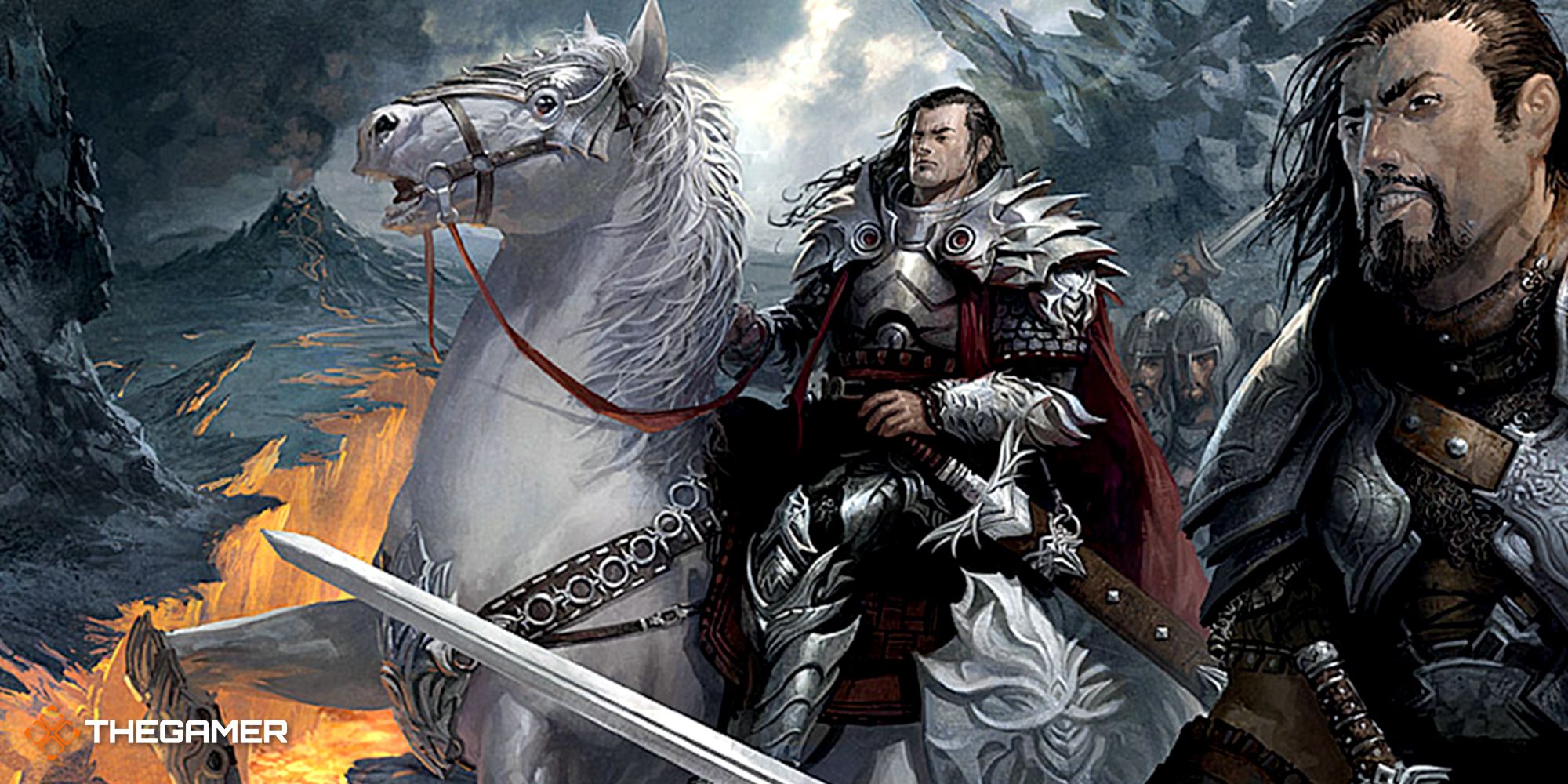
Talus Paladin by Svetlin Velinov
If it is before the campaign starts, the player will already know the companion.
If they are nervous,they can hide behind their humanoid companion.
But having endless options can be daunting, to say the least.
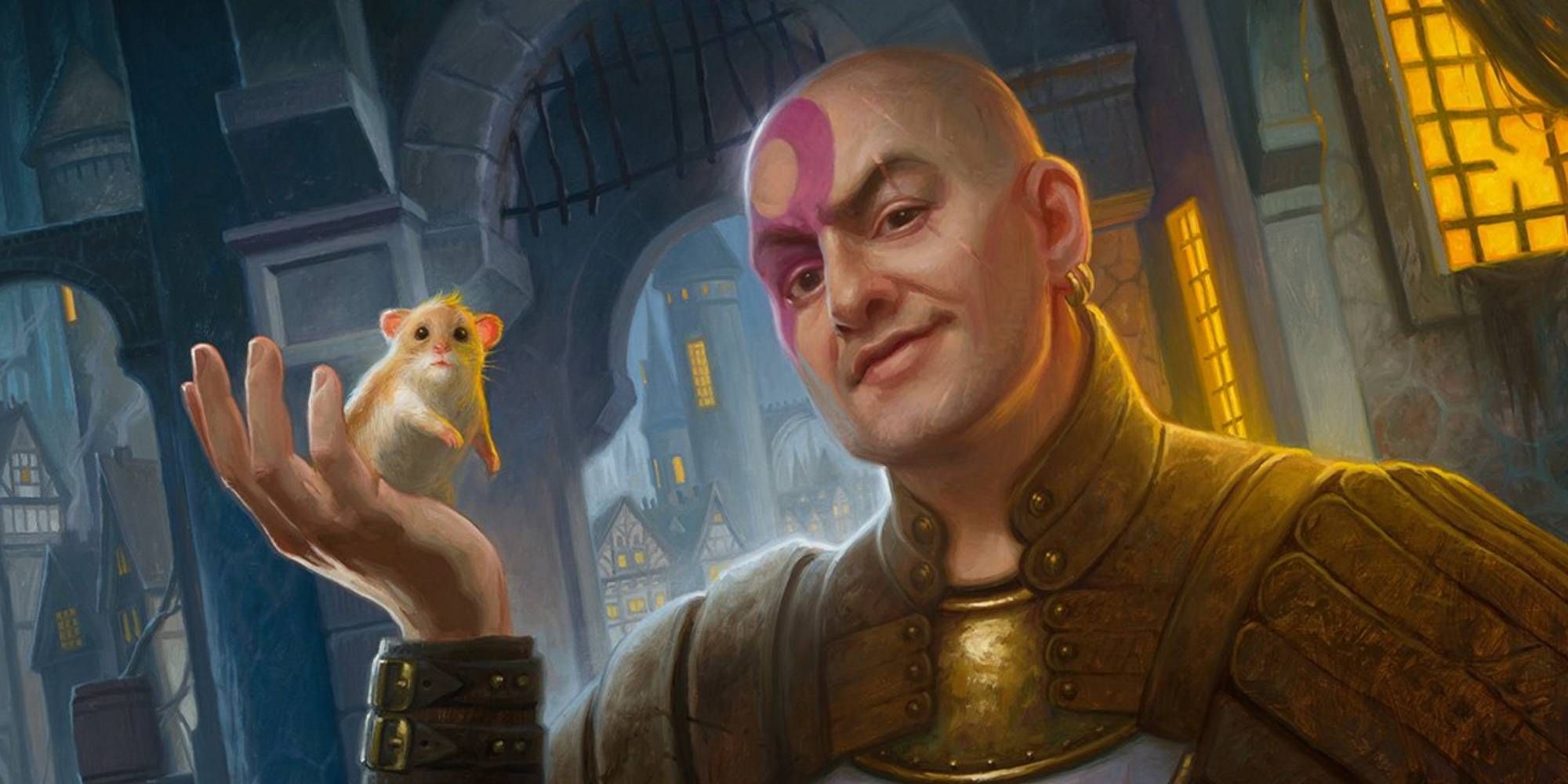
Minsc, Beloved Ranger MtG Art from Adventures in the Forgotten Realms by Howard Lyon
They will have an easier time following commands.Maybe even to a fault.
They may even know ways to lift the spirits of their humanoid companion(s).
Do they act spoiled?
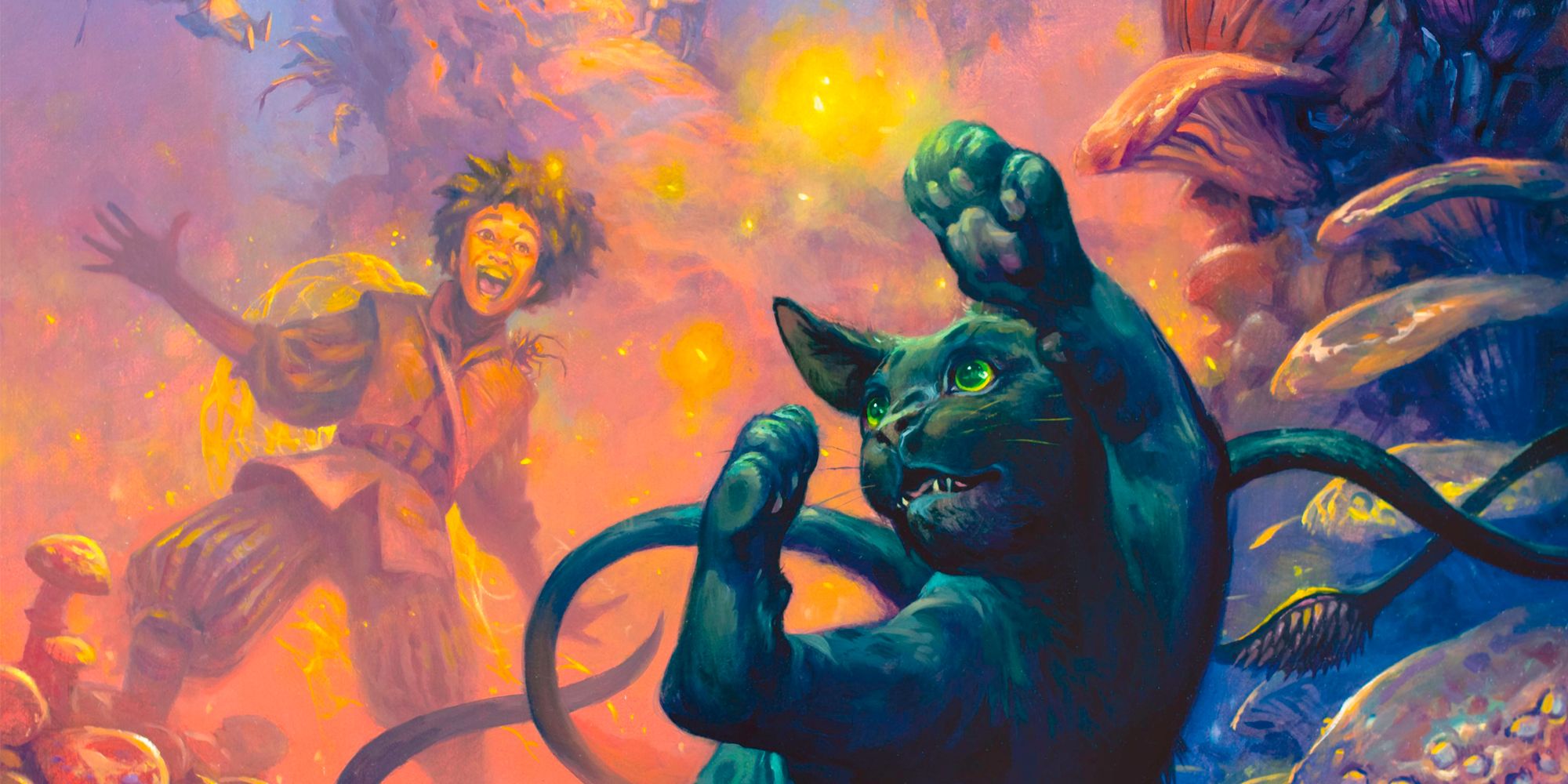
Concept Art from The Wild Beyond the Witchlight by Kai Carpenter
Get into trouble because they know they can get away with it?
Do they copy the mannerisms of their allies?
You canplay with deep facets of this animal character.
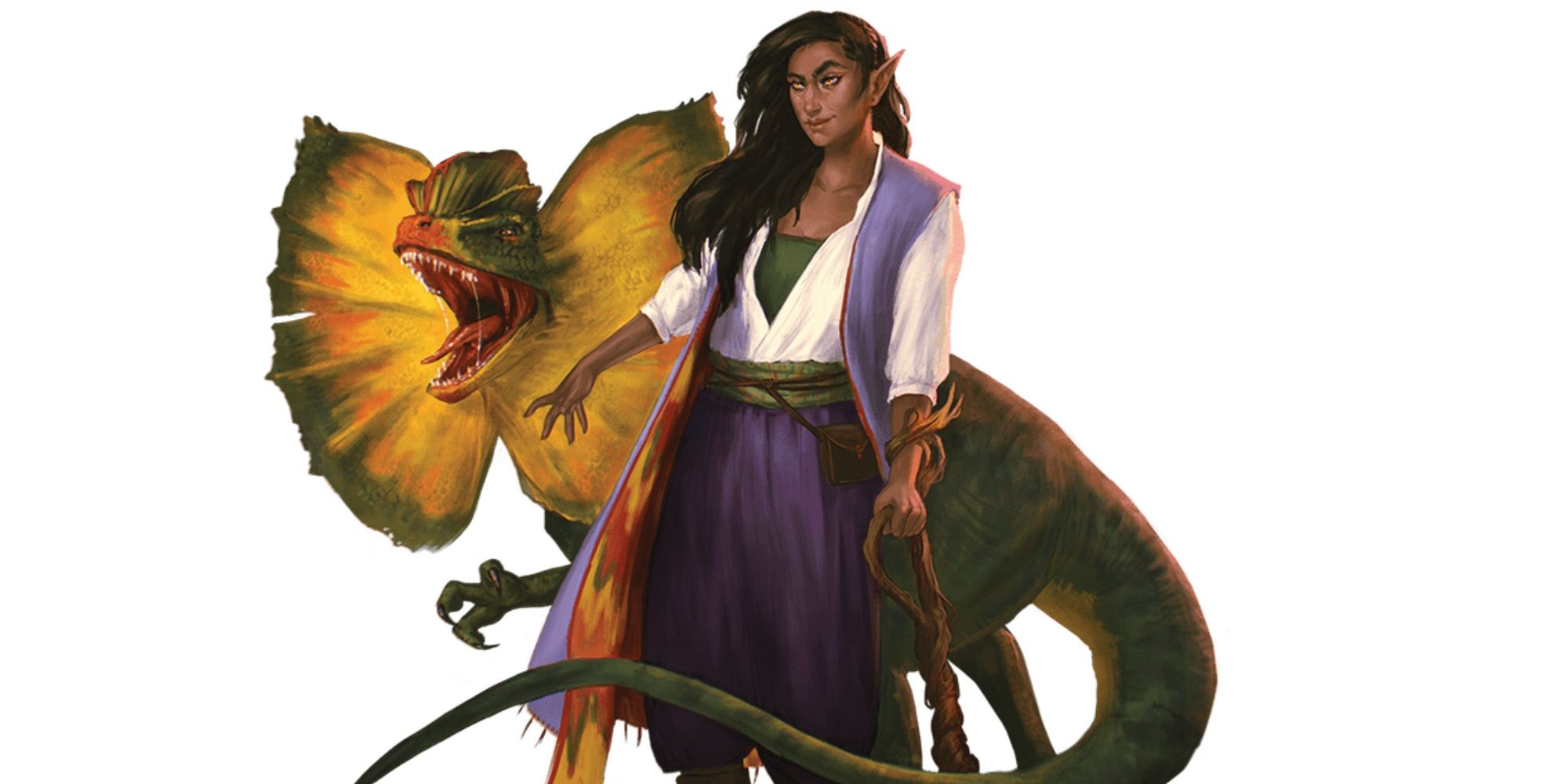
A Druid Summons a Primeval Beast By Nikki Dawes
If food is provided to them, they still go off and hunt.
Do they wander off on their own?
Do they detest humanoid food?
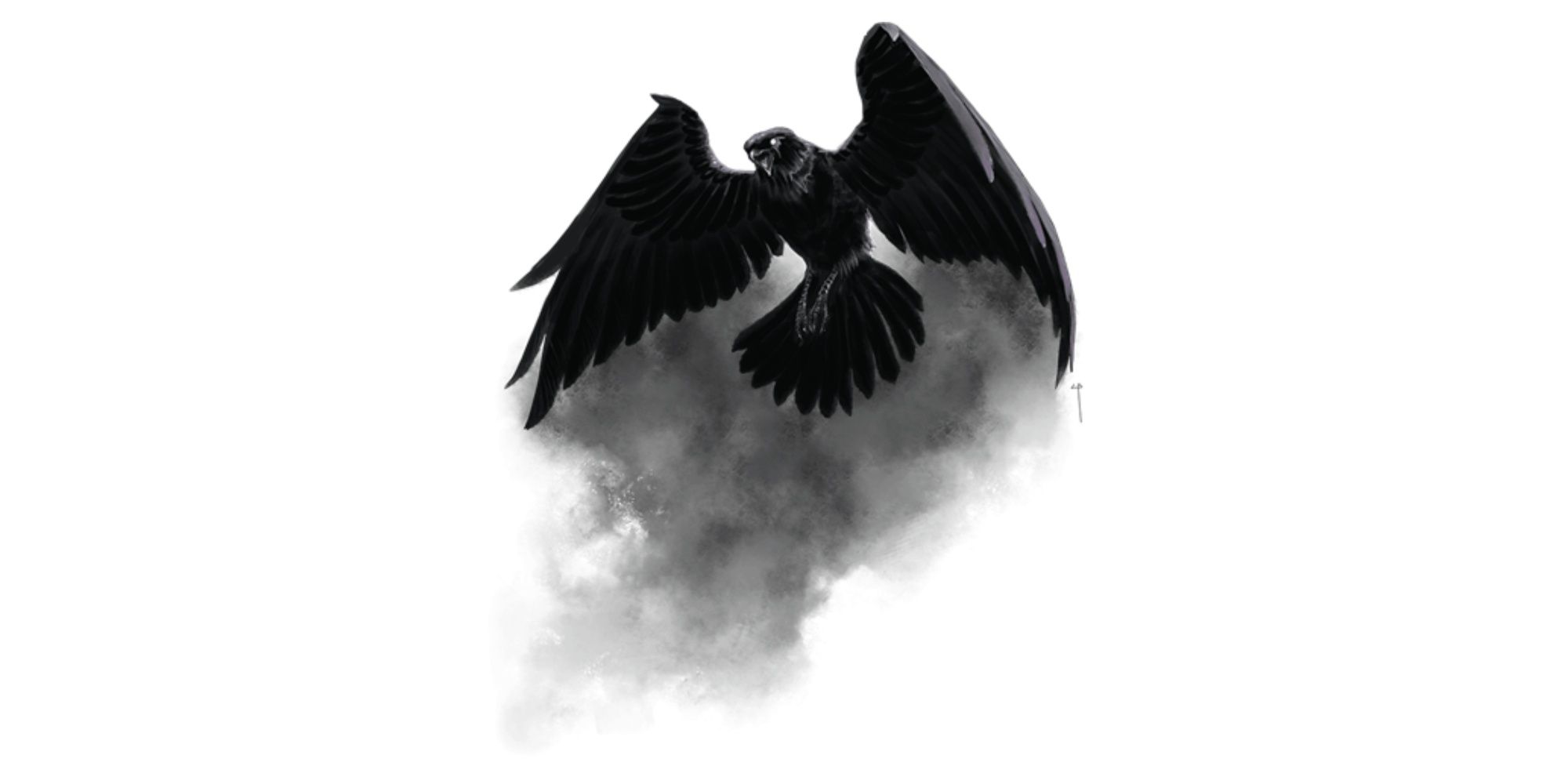
Harrow Hawk by Claudio Pozas
One way is to make thisa working relationship.
Or maybe they are more serious all the time.
They can keep fighting even if they are surrounded or in danger.
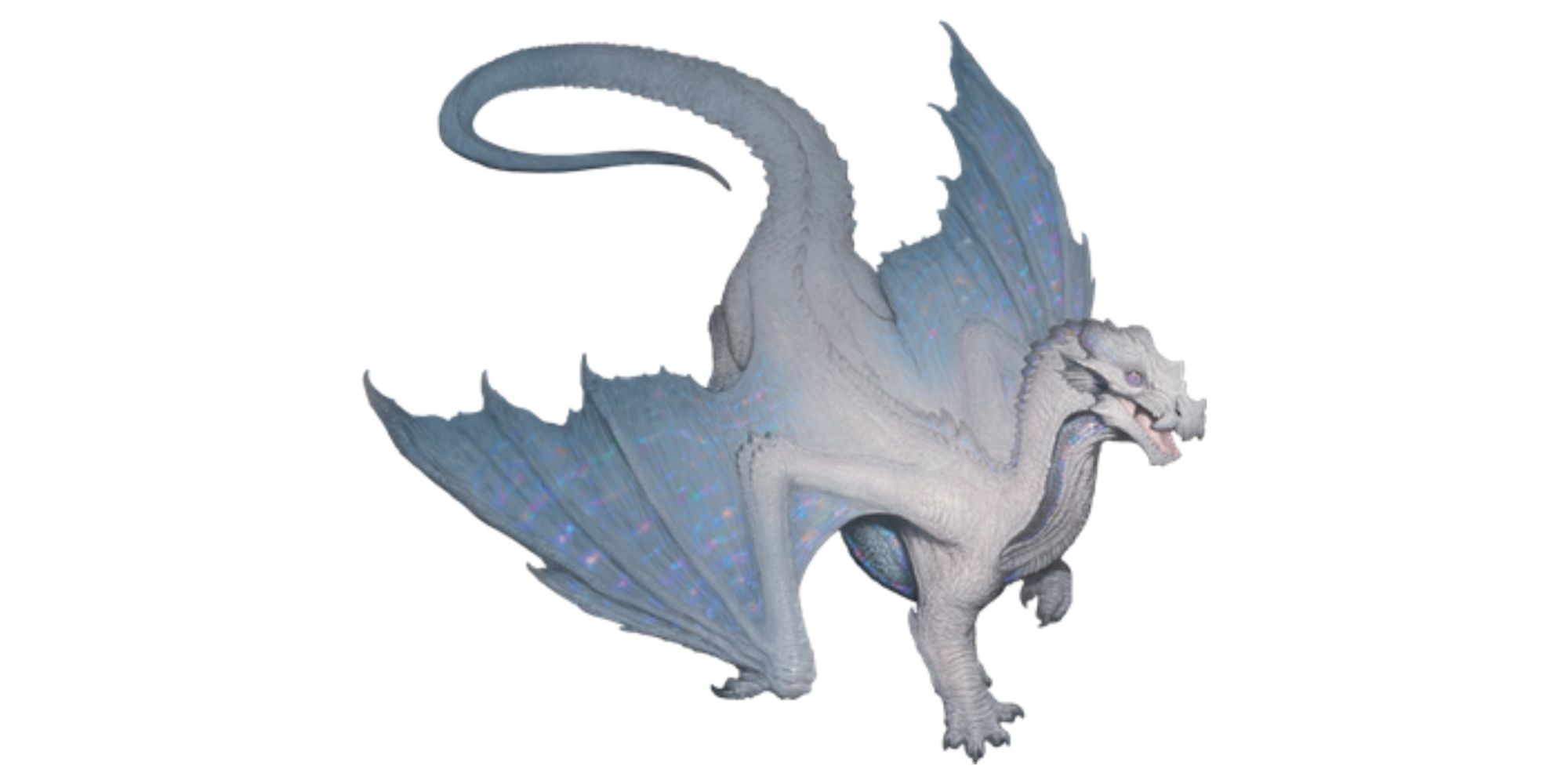
Time Dragon Wyrmling by John Tedrick
They can forget that certain types of enemies resist the damage the animal companion deals.
Just like with NPCs,you could use loyaltyto determine how an animal companion will interact with the party.
The optional loyalty rule is onpage 93 of the Dungeon Master’s Guide.
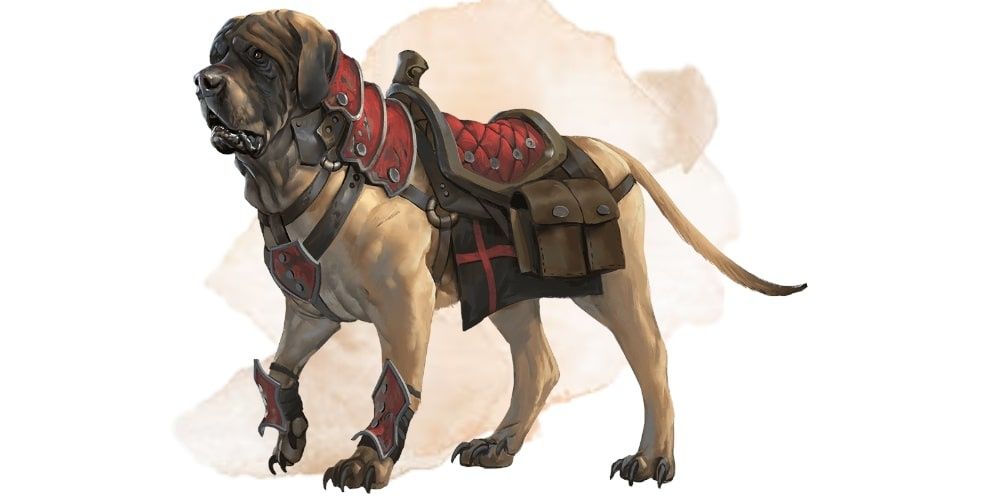
Mastiff via Wizards of the Coast
Is the animal companionfascinated by shiny things?
you could make them distracted when they see something that catches their eye.Do they hate water?
They can refuse to enter water, even if commanded to in combat.
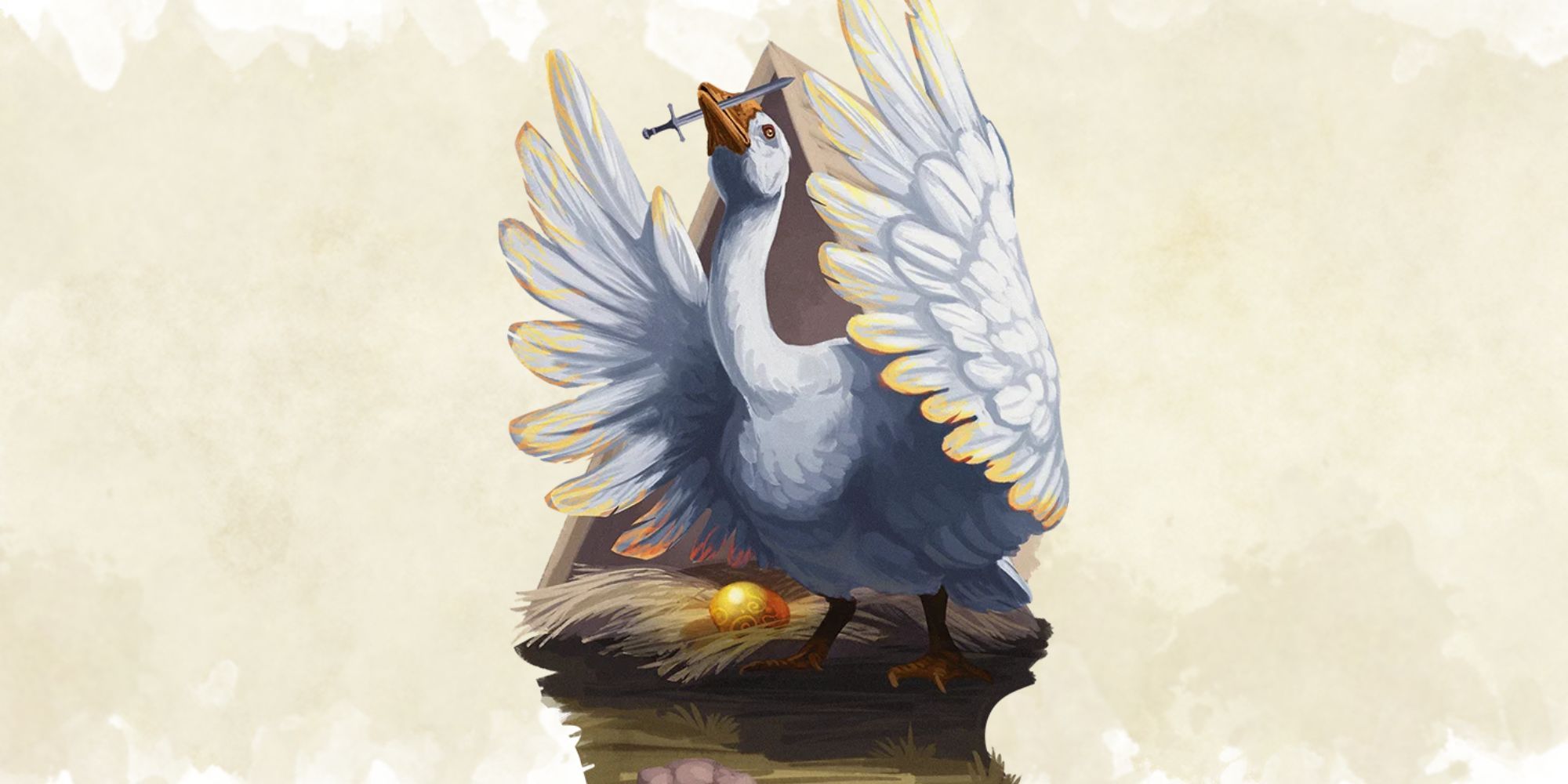
Giant Goose via Wizards of the Coast
For joining the party afterward, the animal companion can prioritize themselves or their safety.
They may even find situations they decide not to fight in, not knowing what side is best.
If they are the companion of a Beast Master, they can be methodical or very dutiful.
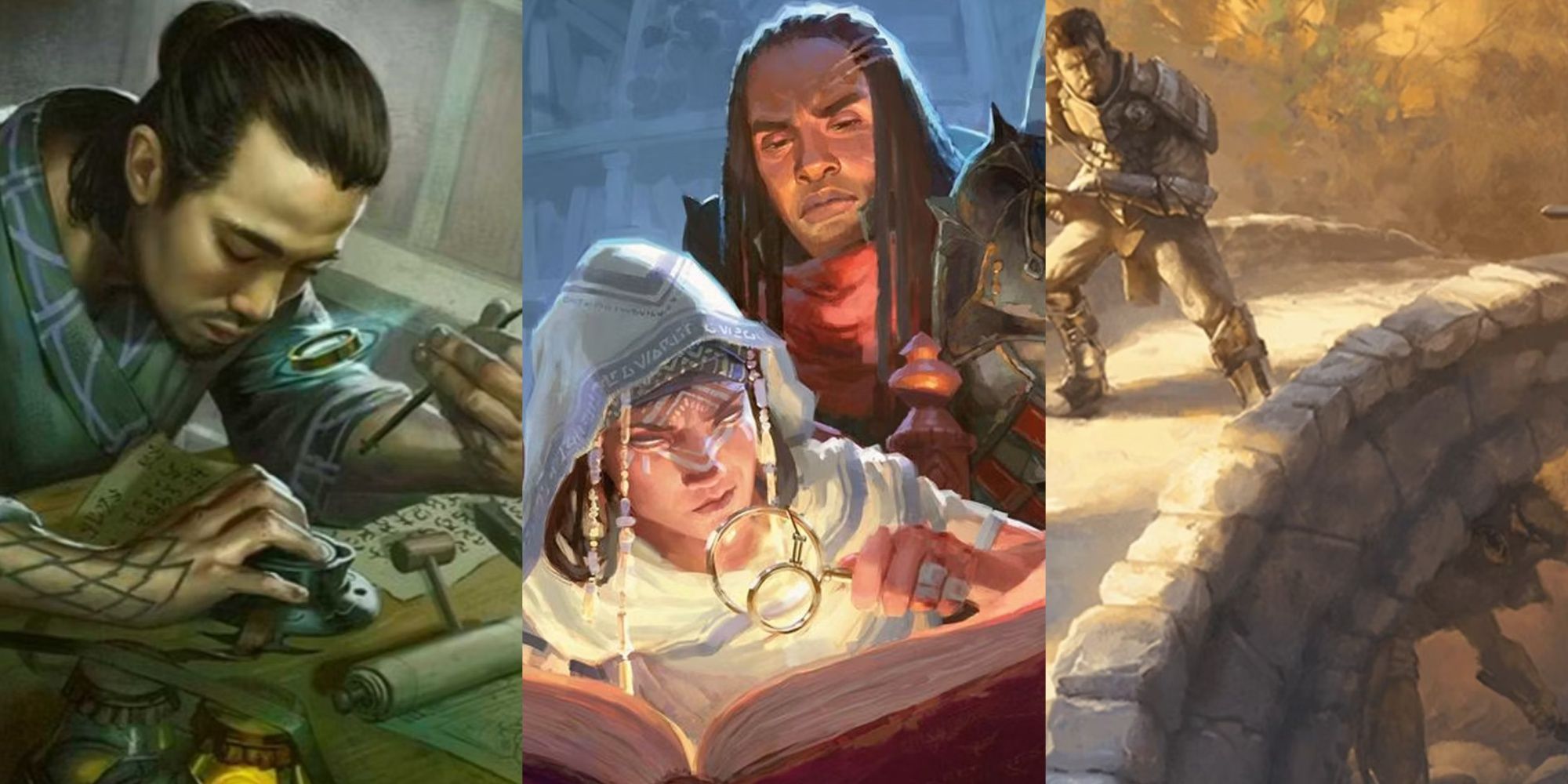
If they are lacking trust and loyalty, then they can ignore commands and flee.
Or they can refuse to follow certain commands altogether.
The beauty of D&D is it can be anything you want it to be.

They can walk away and dig up something to bring back.
They can alsogive players advantage with perception and investigation checks.
This will give the animal companion advantage when they are fighting in close quarters with the party.

Because not everyone can be a Grappler.